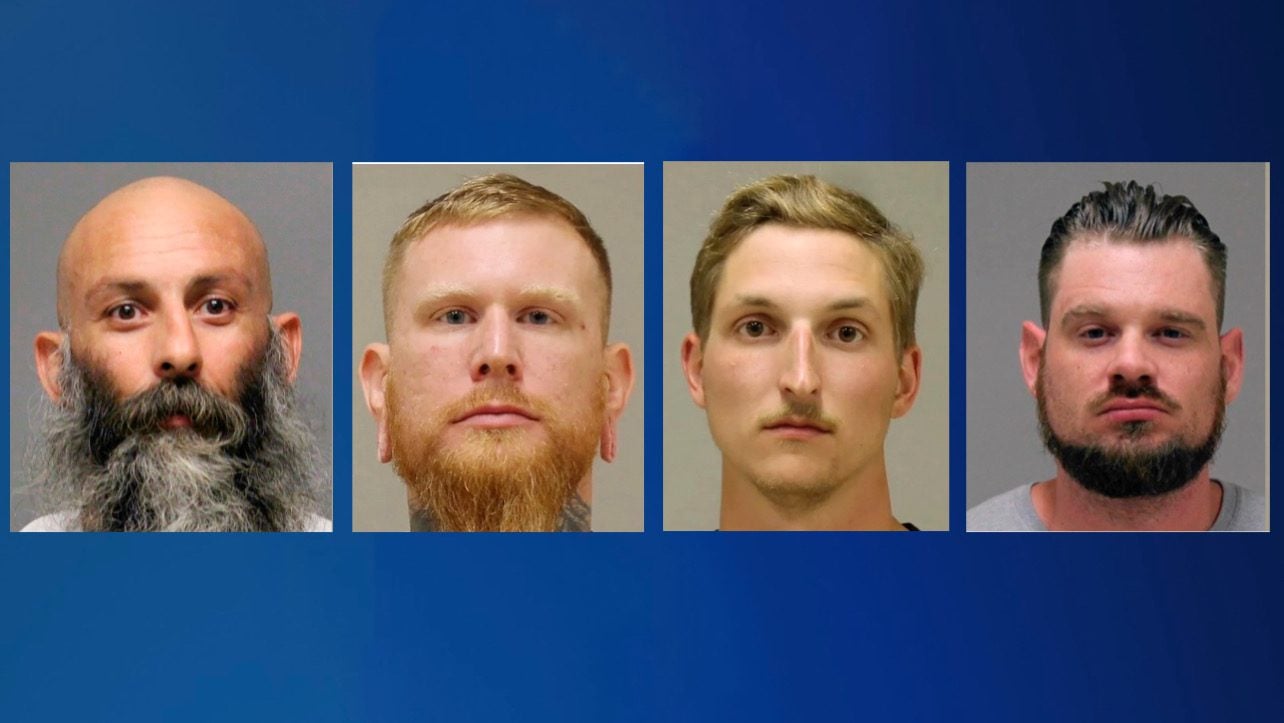There’s more to the verdicts yesterday in the FBI’s alleged plot to carry out a kidnapping of Michigan Governor Whitmer. Much more…
TGP reported yesterday on the verdicts in the Whitmer kidnapping case in Michigan. Of the four defendants, two were found not guilty and the other two had a hung jury.
The Governor Whitmer kidnapping case, which we now know was comprised of virtually all FBI agents and informants took another devastating hit in August. Michael Hills, an attorney for Brandon Caserta, one of the six defendants, produced text messages showing an FBI field agent telling an informant to lie, frame an innocent man and delete text messages.
TRENDING: LAWRENCE SELLIN: The Second American Civil War is Underway
This is why federal prosecutors are refusing to hand over text messages and laptops from FBI informants in the Whitmer kidnapping case. The FBI actually hatched the plot. paid for the plot, ran the plot, and set up the innocent men in their immoral scheme.
The FBI’s top informant behind the kidnapping scam was later arrested after he beat his wife following a swingers party.
We now know that the not gulity verdicts came despite the judge not allowing much of the evidence that would exonerate those charged. For example, we now know that 6 defense witnesses weren’t allowed to testify. In addition, shenanigans by the FBI were never admitted into the trial. Despite this the jury saw through this for what it was — a set-up by the FBI on innocent Americans.
Even far-left Buzzfeed reported on this:
The split verdict calls into question the Justice Department’s strategy, and beyond that, its entire approach to combating domestic extremism. Defense attorneys in the case, along with observers from across the political spectrum, have argued the FBI’s efforts to make the case, which involved at least a dozen confidential informants, went beyond legitimate law enforcement and into outright entrapment..
…But the most striking thing about the closely watched 15-day trial might be what the jury never got to see.
Both before and during the trial, prosecutors went to extraordinary lengths to exclude evidence and witnesses that might undermine their arguments, while winning the right to bring in almost anything favorable to their own side. As a result, defense attorneys were largely reduced to nibbling at the edges of the government’s case in hopes of instilling doubt in the jurors’ minds, and to making claims about official misconduct with vanishingly few pieces of evidence to support them.
Over and over during the course of the trial, the prosecution objected to any attempts by defendants to provide context for the often shocking soundbites and text messages shown in court — objections sustained by a judge who agreed that such material risked confusing the jury.
The result was, at least from the defense’s point of view, a stunningly one-sided presentation that left the preponderance of evidence out of court and gave jurors precious little to balance against the Justice Department’s claims…
…Whether they crossed the sharply defined line into entrapment is a matter of legal definitions. But the tactics employed by the FBI to develop its case against the defendants — despite the Justice Department’s best efforts to keep those tactics secret — conform to a growing popular conception of government overreach.
Today most Americans are aware that the FBI is biased and will set you up in an effort to arrest you for crimes you never committed.



